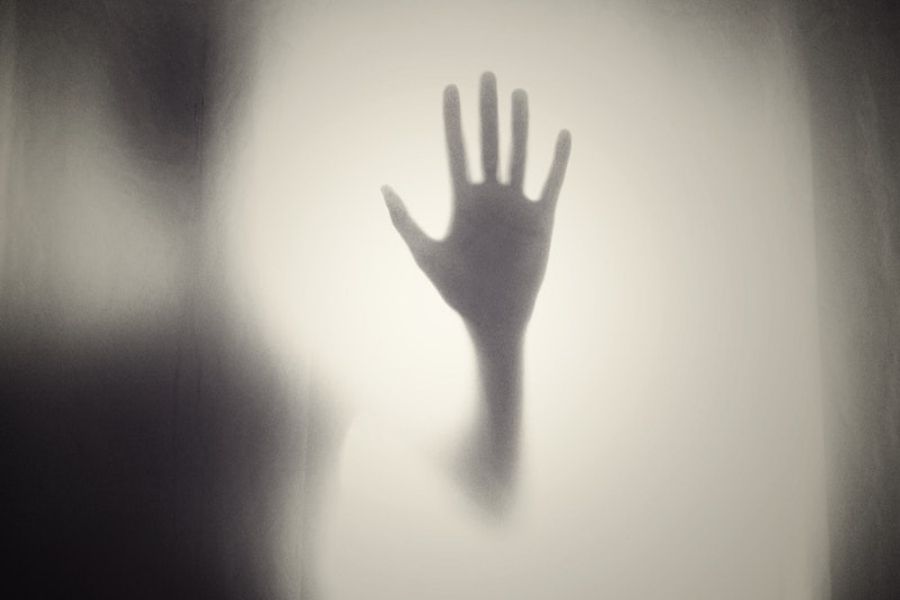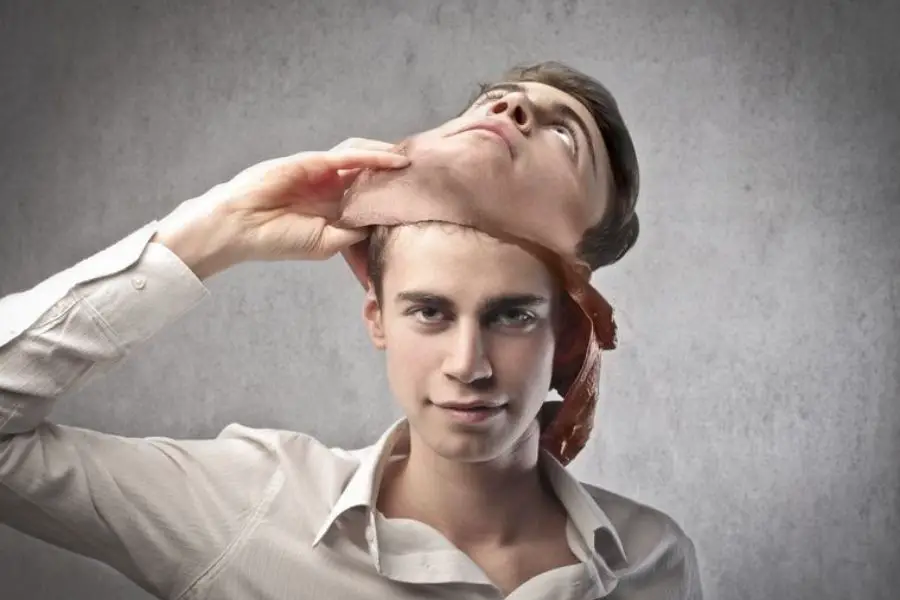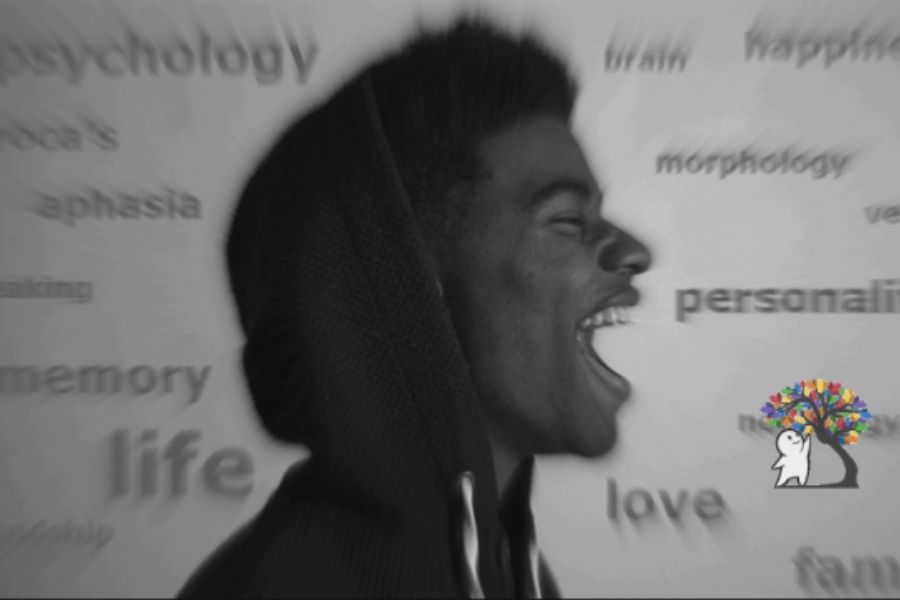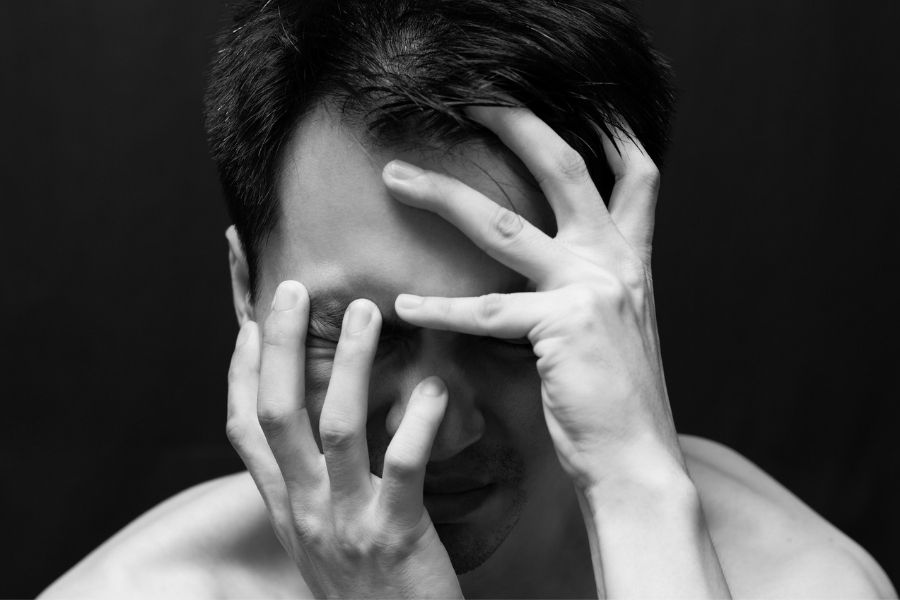The brain is the most essential part of the body as it controls all our actions. But what if the brain malfunctions and goes out of order? You would either lose consciousness or enter into a completely different world. Well, there may be certain reasons behind brain disorders like trauma, infections, and seizures. The outlook of people with brain disorders depends on the type and severity of these brain disorders.
Top 15 Horrific Brain Disorders That Are Astonishing
1. Alice In Wonderland Syndrome

It’s not a fantasy-like Alice in wonderland; rather, it’s a nightmare. It leads one to believe and behave like Alice of Wonderland, causing the person to hear sounds either quieter or louder than they actually are. In addition, it perverts one’s own body image. Though rarely, it occurs in people in their 20’s who have been addicted to drugs or have any previous history of brain tumour.
2. Alien Hand Syndrome

It is not limited to the fictional world of sci-fi movies. It is a rare mental illness in which the mind loses control of the limbs, and sufferers have been reported to choke themselves or others in their surroundings and often scratching to the point of blood. It occurs mostly in people who have Alzheimer’s disease or Creutzfeldt-Jakob disease.
3. Apotemnophilia

It is beyond the perception that a person suffering from it starts to amputate or damage the healthy parts of his own body. Also known as Body Integrity Disorder and Amputee Identity Disorder, it is believed to be associated with damage to the brain’s right parietal lobe. It is the most agonizing of all brain disorders.
4. Boanthropy

Those suffering from this rare but horrifying mental disorder tend to believe and identify themselves with the cows. If not controlled, these people are found eating grass in the fields with the cows as if they are a true member of the herd. Researchers believe that this mental disorder is the result of dreams or even hypnotism.
5. Capgras Delusion

This mental disorder is named after the French psychiatrist, Joseph Capgras, who was fascinated by the illusion of doubles. It leads the person to believe that imposters have replaced the people around them and that they are going to harm them. This delusion is relatively rare and is often seen as an aftereffect of trauma or those who have been diagnosed with dementia, schizophrenia or epilepsy.
6. Dysmimia

This is rather strange a condition in which a person fails to understand the hand gestures or signals. Common gestures like ‘wait’, ‘stop’, sit and spin’ are incomprehensible. The person is unable to identify and recognise the hand gestures even when their brain was previously conditioned for them.
7. Broca’s Aphasia

Broca’s Aphasia patients can read, write, listen and talk but fail to form any coherent words. This is the result of an injury in the Broca’s area, due to which the patients ability to control what their mouths are saying goes away. Some patients can manage to speak up to four words but most people suffering from this disorder lose their ability to speak.
Read also – Top 15 Classic Cocktails Everyone Should Try
8. Aboulomania

People with this syndrome report being paralyzed on prioritising things. Normal daily activities such as walking, getting some work done or deciding what dress to wear becomes impossibly difficult to prioritise. What’s interesting about Aboulomania is that the affected person is otherwise completely normal.
9. Cotard Delusion

This delusion leads the person to believe that they are walking dead or a ghost. In addition, these people feel that their body is decaying or has lost all the blood and internal organs. This scary disorder comes as a result of severe depression, and often the sufferers starve themselves to death.
10. Factitious Disorder

Most people cringe on encountering a sniffle of cold or illness, but it’s not the case with people with Factitious Disorder. Instead, people with this disorder intentionally make themselves ill to seek treatment. Such an obsession with sickness often stems from past trauma or serious illness. It is very rare and affects 0.5% of the general population, but there is no cure for it.
11. Kluver-Bucy Syndrome

Imagine craving taste for a book or having sexual attraction towards a car. This is the reality for those suffering from this disorder. These people tend to suffer from memory loss and have a desire to eat inedible objects and sexual attraction towards inanimate objects. This terrifying mental disorder is difficult to diagnose and is a result of severe injury to the brain’s temporal lobe.
12. Paris Syndrome

This odd mental disorder causes one to become extremely overwhelmed while visiting Paris. It seems to be more common in Japanese travellers. It is basically triggered by language barriers, physical and mental exhaustion, and Paris’s reality compared to the idealised version.
13. Clinical Lycanthropy

The sufferers of this disorder believe themselves to be wolves and werewolves, though occasionally other types of animals are included. These people begin to act like animals and are often found hiding in the woods.
14. Fatal Familial Insomnia

A healthy sleep pattern is a must to keep the body functioning normally. Unfortunately, people with this disorder experience different forms of insomnia which deteriorate their physical and mental health. Moreover, it may impact the autonomous nervous system, which controls actions such as breathing, heart rate and body temperature.
15. Reduplicative Amnesia

It is very similar to Capgras Syndrome, but instead of seeing people as duplicates, a person sees duplicate places. The person suffering from it always believes that the location exists in two places at once. It is most often seen in patients with tumours, dementia, brain injury and other psychiatric disorders.
Read also – Top 15 Things You Must Appreciate In Life